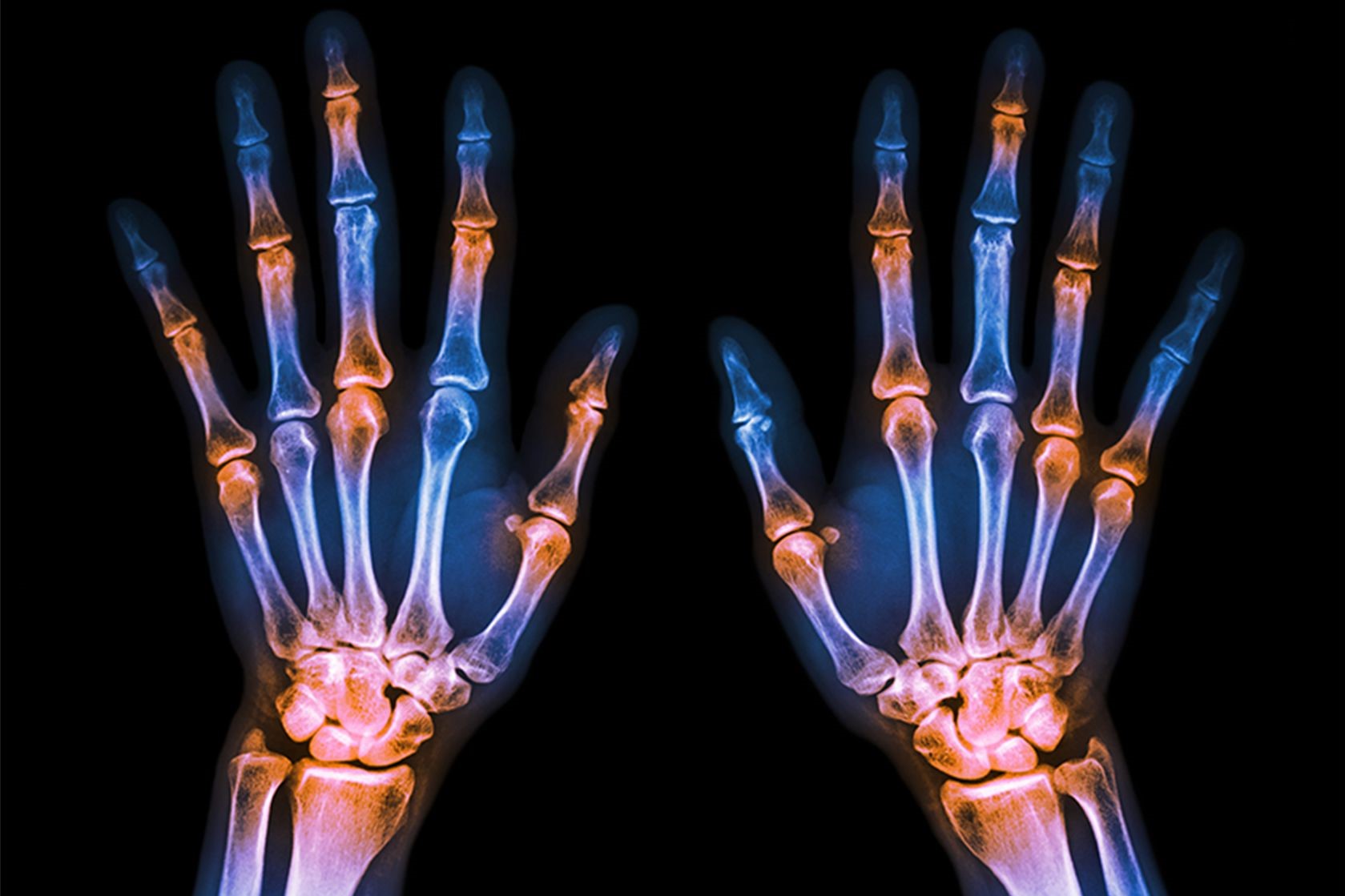
Rheumatoid arthritis: symptoms, diagnosis and treatment
Rheumatoid arthritis is a chronic systemic inflammatory disease that mainly affects the joints; it is an autoimmune disease and is more frequent in women, especially between the ages of forty and fifty
This disease is not always easy to diagnose, the symptoms may be non-specific or present intermittently, which can significantly slow down the time taken to diagnose and treat it, reducing the therapeutic window in which treatment would be most effective.
Rheumatoid arthritis affects the joints, which are painful and swollen, causing permanent deformities over time
The small joints of the hands and feet are most affected, but the disease can affect any joint with a synovial membrane.
A characteristic symptom is morning joint stiffness, which can last for several hours and can significantly reduce the patients’ quality of life.
Rheumatoid arthritis, a disease not always easy to recognise
Symptoms are not always immediately associated with this disease, partly because in some cases they are non-specific and can be more simply attributed to something else, for example:
- Joint pain is linked to an injury (such as a sprain, a dislocation), incorrect movement or excessive physical exertion. The same is true for a locked joint, such as the knee or elbow.
- Sometimes rheumatoid arthritis is confused with carpal tunnel syndrome, although a tingling sensation in the fingers and wrist is not typical of arthritis.
- Pain in the forefoot: Women often blame the disorder on heels or footwear worn that they consider inappropriate or more generally on fatigue.
- Another characteristic symptom is morning joint stiffness, which also occurs in people without arthritis, although in these cases it only lasts a few minutes.
Don’t underestimate the body’s signals and if these symptoms persist, discuss them thoroughly with your doctor.
Antibodies for diagnosis
If rheumatoid arthritis is suspected, one of the steps in the diagnostic process is to look for two antibodies: the rheumatoid factor, which has been known for years, and antibodies against citrullinated proteins (ACPA/anti-CCP).
These antibodies are in fact very characteristic of patients with rheumatoid arthritis and can be detected in the patient’s blood even ten years before the disease manifests itself.
Antibodies are produced by the immune system to defend itself against attacks by external agents; however, in the case of autoimmune diseases (such as rheumatoid arthritis), the immune system recognises as external components that actually belong to the body itself and produces autoantibodies.
Read Also:
Arthrosis: What It Is And How To Treat It
Juvenile Idiopathic Arthritis: Study Of Oral Therapy With Tofacitinib By Gaslini Of Genoa
Rheumatic Diseases: Arthritis And Arthrosis, What Are The Differences?


